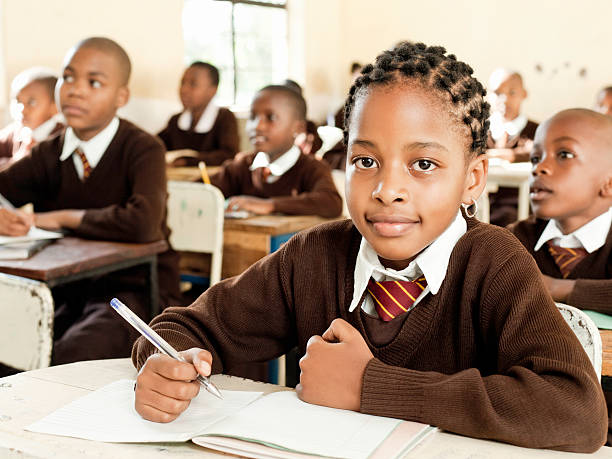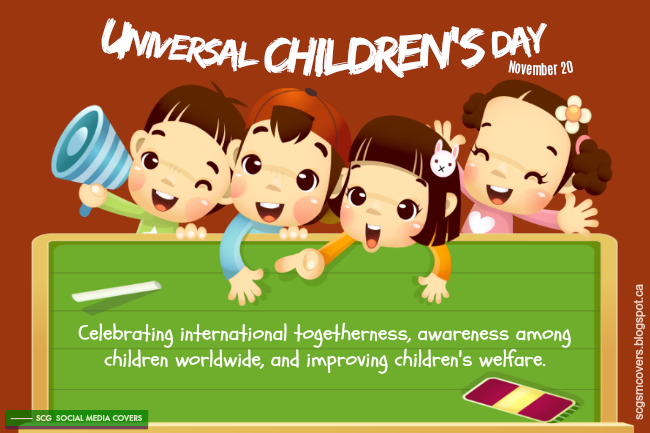Shimbo Pastory
This article was published in The Citizen Newspaper – Tanzania on Tuesday 22nd November, 2022.
There will be nothing as sad as seeing children going through similar difficult situations which children in fifty or a hundred years past went through. It is reasonable to avoid hardships whenever it is possible; and it is a mark of responsibility to maintain a rights respecting social system for a more robust and fruitful upbringing of the young.
This year, the World Children’s Day which is marked annually on 20th November, has been celebrated for the sixty-eighth time since its first observance.
A lot has been advocated for over the years, and a lot has been achieved. Transformations are obvious in resolutions, policies, and collaborative praxis all in view of bettering children’s welfare. The theme for this year is ‘Inclusion for every child.’
What inclusion entails
For a wider space for discussion, we need to narrow down the discourse to the actuality of life in our Tanzanian social setting(s). Beginning at the family level, neighbourhood, and social services institutions like schools, organized age, or amusement, or support clubs, etc. we are to ask ourselves if we abide by the principles of inclusion.
These include equality, acknowledgement of different individual needs, welcoming platforms for conversation, awareness of vulnerability, absence of intimidation, and values of dignity, acceptance, tolerance, and freedom.
Regardless of age or whatever scale of social status, inclusion builds a platform for respect of human dignity and rights, and any compromise, or total absence of inclusion suffocates possibilities for high regard towards human dignity and rights. Actually, it is through inclusion that human rights are both defined and equally awarded.

The standard for rendering these rights is not minimized among children. As such, children have a right to give opinion, deserve to be listened to, to choose, and to have their requests heard and their needs needs responsively and responsibly considered in making decisions.
This begins from the lower social levels, beginning with the family circle, further on to policies at middle social levels, and finally at universal resolutions and guidelines at international and global levels.
As a country, we already have a rights respecting system with a considerably strong follow-up system. But without a more lucrative policy to guide education of the masses on children’s rights, and to make the transformative social action more outspoken, visible and dialogical, the system will only help to garner more offenders for the jails.
Need for children to be heard
Ms. Frances Gunn who is a well-versed child protection and safeguarding expert, and doctoral researcher in the same subject at the University of Stirling – Scotland, shares her informed assessment.
She says: “In most instances, children and young people have less power and status than adults. The United Nation Convention on the Rights of the Child (UNCRC), particularly article 12, gives children the right to have their views, feelings and wishes heard. Being heard is a fundamental pillar of inclusion within societies and communities.”
Ms. Gunn observes that globally most children are born with some potential to have their views, feelings and wishes heard, but unless they are taught and empowered and supported to do so, this is a skill that will not be developed to its maximum potential, which leaves children silent and less visible within our societies and communities.
Research, she unveiled, establishes that less visible and marginalised children are at higher risk of abuse, neglect and exploitation.

Explaining the school-based rights learning scheme that has proved to be of impact locally here in the UK, Ms Gunn expounds: “The UNCRC is at the heart of all UNICEF’s work, and across the UK, UNICEF works with schools to create safe places where children’s human rights are respected. After a period of assessment when UNICEF is satisfied that a school has achieved 3 specific criteria, namely: teaching and learning about rights, teaching and learning through rights, and teaching and learning for rights, the school may achieve the UNICEF Rights Respecting Schools Award (RRSA).”
Here we see a modality with strategy and vision. It is not just random transitory teaching.
Practically, achievement of Rights Respecting Schools Award, as Ms. Gunn accentuates, is fundamentally important not only for children and young people and individual schools, but for wider communities and societies.
This is because children who attend RSSA accredited schools will have a clear understanding of their rights and will be empowered to have their voices and views heard and will be more vocal, visible, and ultimately included within their communities and societies.
Concluding thoughts
This is a practical scenario of investment for a future rights respecting society. With children’s rights education given in depth in our schools, we form young people and future adults who are not only aware of human rights but who are transformed intellectually to uphold, teach and defend them. Investing knowledge in children today will help children in the future. It is miserable to have errors of history repeated.